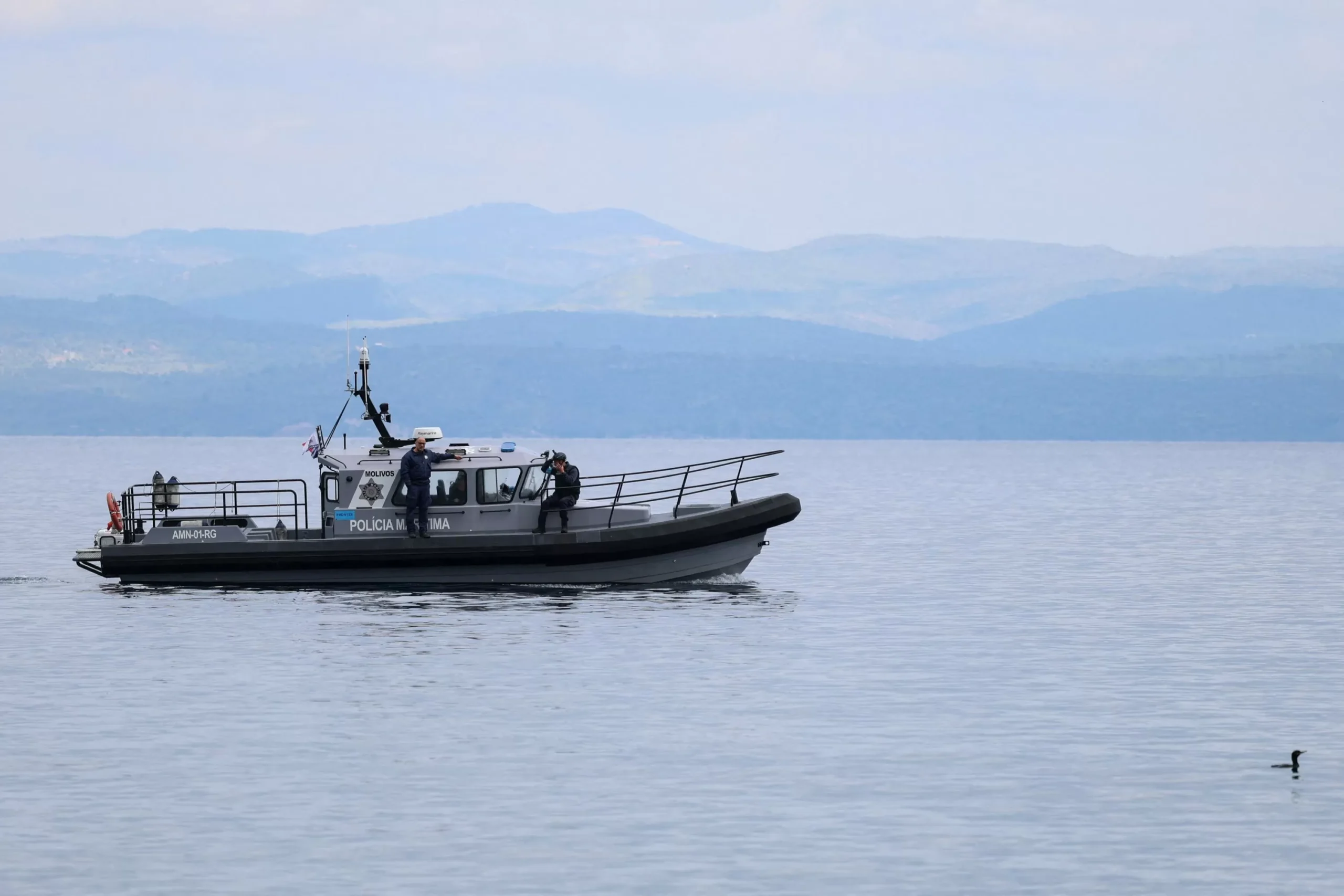The European Union’s border agency, Frontex, has recently announced that it is investigating multiple allegations of human rights violations by Greece in its handling of irregular migration. This news has sparked concern and raised questions about the treatment of migrants at the EU’s external borders.
Frontex, which is responsible for coordinating border control and surveillance at the EU’s external borders, stated that it has received reports of several incidents involving the Greek authorities and migrants attempting to enter the country irregularly. These incidents include the use of excessive force, illegal pushbacks, and the denial of access to asylum procedures.
As an agency of the EU, Frontex has a duty to ensure that all member states comply with the EU’s fundamental values and respect human rights. Therefore, it is taking these allegations very seriously and has launched an investigation to determine the validity of the claims.
The EU’s Commissioner for Home Affairs, Ylva Johansson, has also expressed her concern over the allegations and has called for a thorough and transparent investigation. She stated, “We cannot tolerate any violation of human rights at our external borders. We expect all member states to fully comply with their obligations under EU and international law.”
The EU’s commitment to upholding human rights is enshrined in its Charter of Fundamental Rights, which prohibits any form of discrimination and ensures the protection of the rights of migrants and refugees. Therefore, any violation of these rights is a direct violation of the EU’s values and principles.
The situation at the EU’s external borders has been a pressing issue for several years, with thousands of migrants and refugees attempting to enter the EU through irregular means. Greece, as a frontline member state, has been facing immense pressure in managing this influx of people. However, this does not justify any violation of human rights.
The allegations against Greece are not new, and there have been previous reports of similar incidents. However, the fact that Frontex is now launching an investigation shows that the EU is taking a proactive approach in addressing these issues and holding member states accountable for their actions.
It is essential to note that Greece has been facing significant challenges in managing irregular migration, and it has received support from the EU in addressing these issues. The EU has provided financial and operational assistance to Greece, including the deployment of Frontex officers to assist with border control.
However, this support should not come at the cost of violating human rights. The EU must ensure that its member states, including Greece, uphold the highest standards of human rights and treat migrants and refugees with dignity and respect.
The investigation launched by Frontex is a step in the right direction, and it is essential that the findings are made public and appropriate action is taken if any violations are confirmed. This will not only hold Greece accountable but also send a strong message to all member states that the EU will not tolerate any violation of human rights.
Moreover, the EU must also work towards finding a long-term solution to the issue of irregular migration. This includes addressing the root causes of migration, such as poverty, conflict, and persecution, and creating legal and safe pathways for migrants and refugees to enter the EU.
In conclusion, the EU’s border agency’s decision to investigate the allegations of human rights violations by Greece is a positive step towards ensuring that the EU’s fundamental values and principles are upheld. It is crucial that the EU continues to prioritize the protection of human rights and works towards finding a sustainable solution to the issue of irregular migration.





![Complete BritRail Pass Guide [Types, How to Use It, Pros + Cons]](https://inside-news.uk/wp-content/uploads/2025/06/00221EB4-BCA2-4DBB-6CD4-83DBC37D71FA-120x86.webp)












